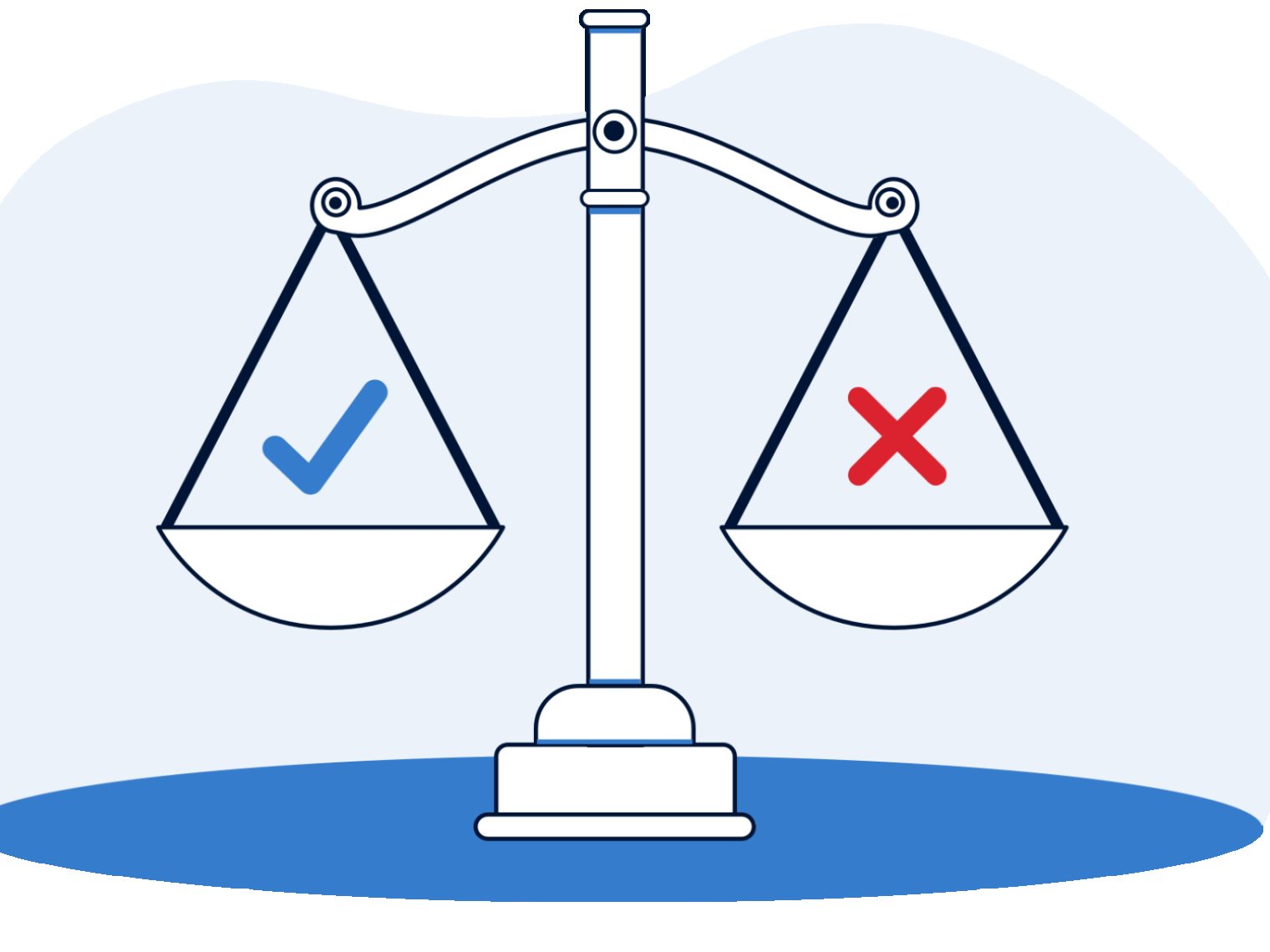VA loans remain the most flexible and buyer-friendly lending option on the market for the vast majority of military borrowers.
These government-backed loans come with no down payment, no private mortgage insurance and competitive rates. They also come with a mandatory fee known as the VA Funding Fee. This charge is applied to all purchase and refinance loans and goes directly to the Department of Veterans Affairs to ensure the loan guaranty program remains self-funding.
VA loans are the safest loan option around, but defaults do occur. The VA Funding Fee helps cover those losses and keeps the program available so future generations of military homebuyers can capitalize on this incredible program.
But borrowers and homeowners with a disability rating of at least 10 percent are exempt from paying the VA Funding Fee. Depending on the loan amount, having this fee waived can save a solid chunk of change. Most VA borrowers choose to roll the funding fee into their overall loan amount, which adds a few dollars to their monthly mortgage payment.
Prospective homebuyers and veterans looking for a refinance should let their loan specialist know about their disability rating as soon as possible.
Veterans with a pending disability claim will have to pay the funding fee. But if the claim is ultimately granted, those borrowers can seek a refund of the fee from the Department of Veterans Affairs.
To learn more about the costs of a VA loan or to start the loan process, call 855-870-8845 and speak with a loan specialist or visit Veterans United Home Loans.
Related Posts
-
 VA Renovation Loans for Home ImprovementVA rehab and renovation loans are the VA's answer to an aging housing market in the United States. Here we dive into this unique loan type and the potential downsides accompanying them.
VA Renovation Loans for Home ImprovementVA rehab and renovation loans are the VA's answer to an aging housing market in the United States. Here we dive into this unique loan type and the potential downsides accompanying them. -
 Pros and Cons of VA LoansAs with any mortgage option, VA loans have pros and cons that you should be aware of before making a final decision. So let's take a closer look.
Pros and Cons of VA LoansAs with any mortgage option, VA loans have pros and cons that you should be aware of before making a final decision. So let's take a closer look.

